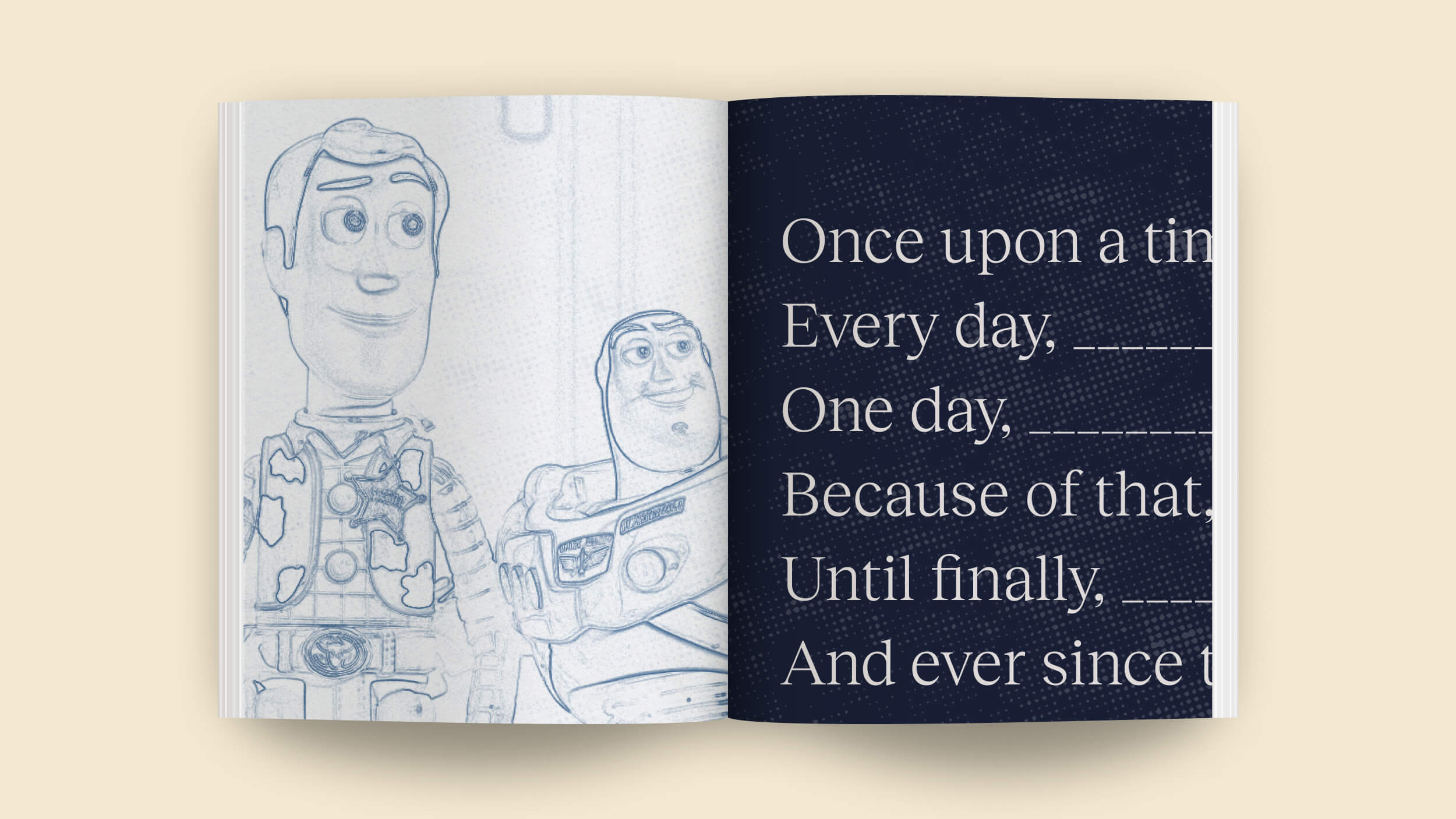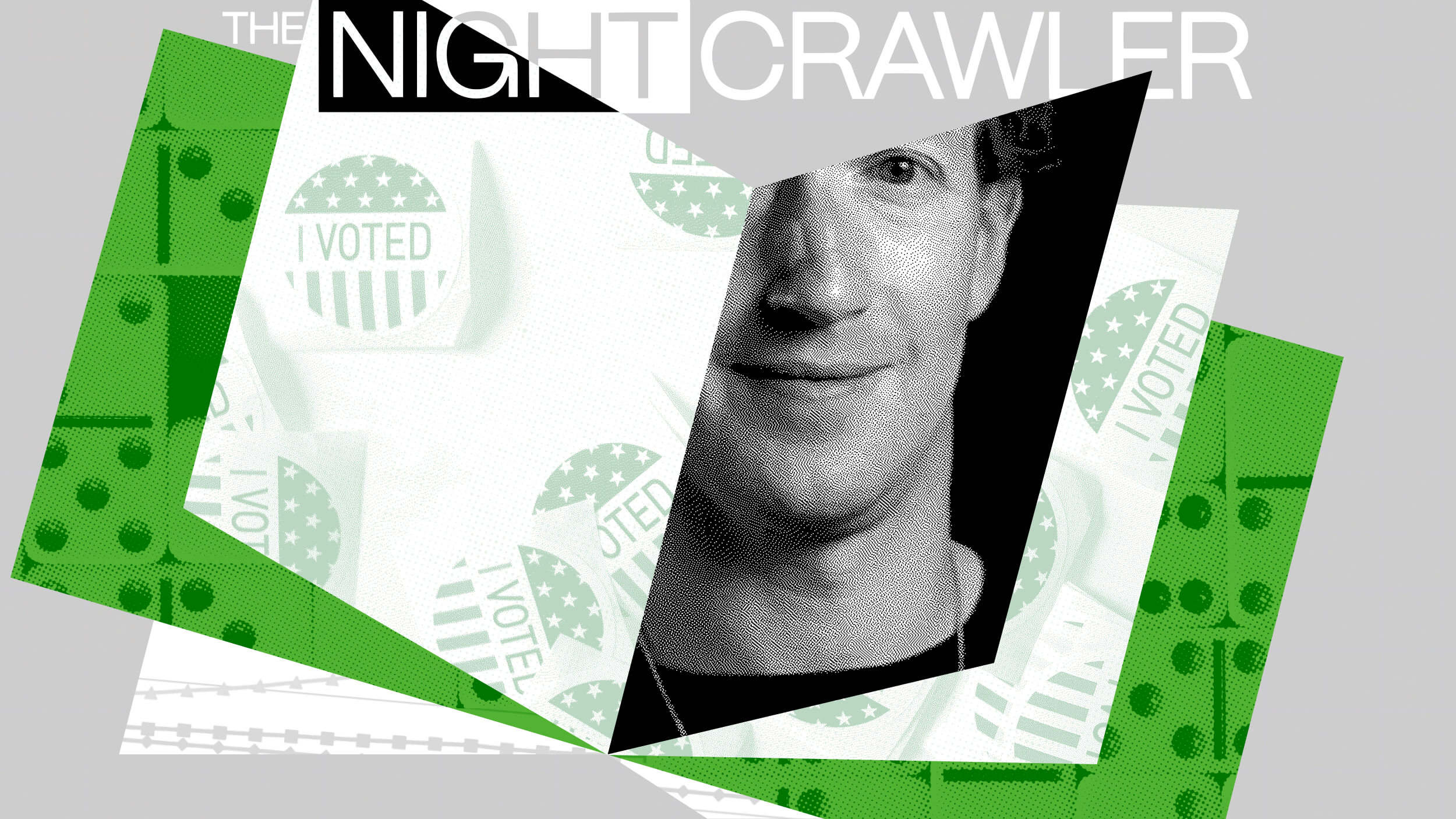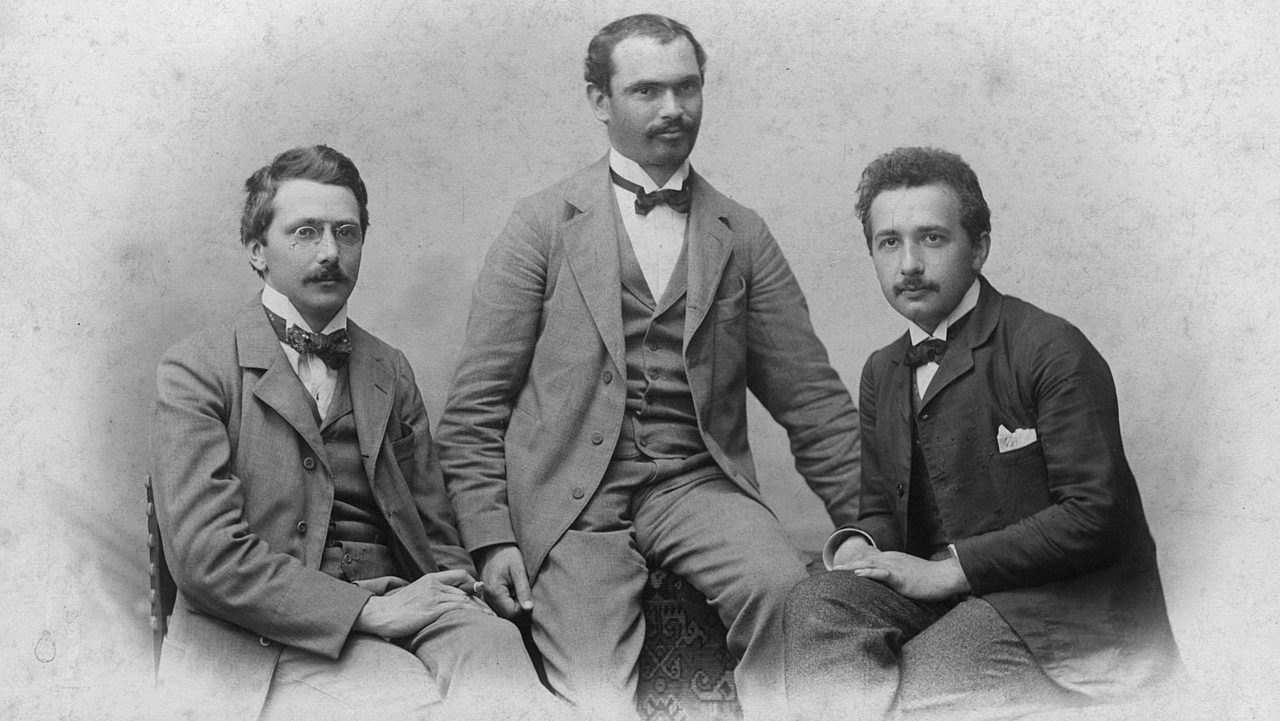Lionel Shriver’s career began after winning a writing contest about her school’s newly renovated cafeteria.
Question: What was the first piece you read that made you want to become a writer?
Lionel Shriver: Oh, I was big on “Curious George.” I decided I wanted to be a writer when I was seven years old. So it was only shortly after I learned to read. So, it would have been the very early books of my childhood; Dr. Seuss, “Where the Wild Things Are,” and “Curious George.”
I just loved storytelling. I loved the way that words could bring something to life that imaginary. And I’m still fascinated by that. So fascinated by the way a novel, little by little, creates something that seems so tangible and so real, even to me, and yet it is gossamer really. It’s just words. And that’s magic to me. And I’ve never got over that magic. I hope I never do.
Question: What was the first piece you wrote?
Lionel Shriver: Oh, one of the first pieces I wrote was in second grade. I won a contest writing about our newly renovated cafeteria. You know, the new colors are very nice. And I remember they were very ceremonial about this little contest and what you got was a Chef’s hat and a box of cookies. So, I walked around all day wearing my Chef’s hat, and I just thought, right – this is the business. I’m going to be a writer.
I think it’s important that I grew up in a literate household because both my parents have written books, albeit non-fiction. That made the writing of books accessible and doable, not a distant weird thing that other people did. So that helped a lot, and also both my parents are well spoken and always talked with their children using a large vocabulary. And that’s a big advantage because I believe that the words that you learned as a child get deeper inside than the ones you learn later in life. I always find that words I learned as an adult don’t stick in the same way. I don’t think I understand them completely in the same way. They’re not internalized. There’s a way in which I have to recite a little definition to myself, they don’t quite stick. So, I was especially fortunate to be exposed to a range of more complex words, nuanced language than a lot of other children would have been.
Question: Who is the first person who sees your work?
Lionel Shriver: I show my work before submitting it to my agent to practically no one. I will let my husband read it before I send it to my agent. But I’ve gotten to the point where I am less interested in soliciting a lot of opinions. I find that more opinions tend to obscure my mental landscape. Most of all, it obscures the fact that the buck stops here. You have to be able to trust your own judgment. It doesn’t mean that I don’t sometimes take my editor’s advice, but fundamentally, I have to rely on my own opinion of my own work and showing it to my best friend, or even to my husband, it’s ultimately a fruitless exercise because it’s all about learning to trust your own editorial judgment. Which doesn’t mean that you rubber stamp everything you write. It means that you subject it to your own fiercest criticism. It’s one of the good things about being a writer, it’s also one of the grim things about being a writer. There is no resort really. It all begins and stops with you.
Recorded on March 12, 2010





